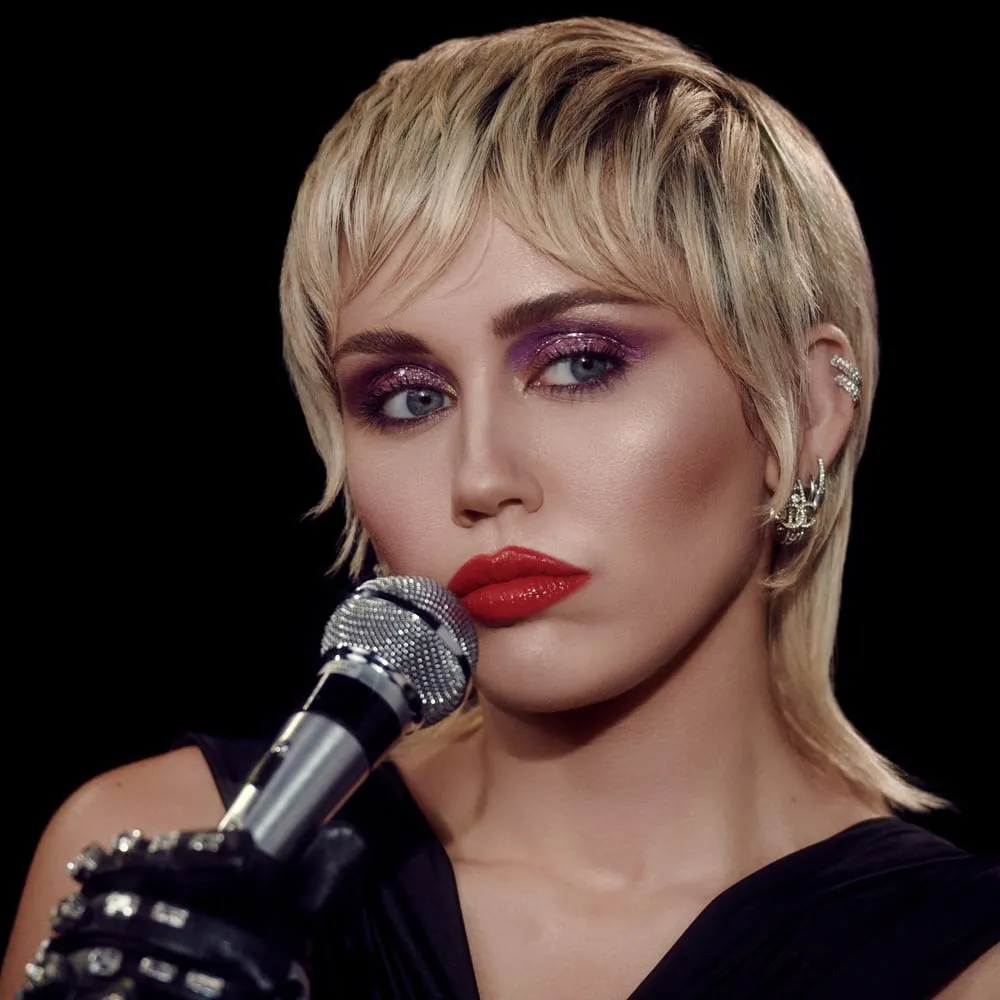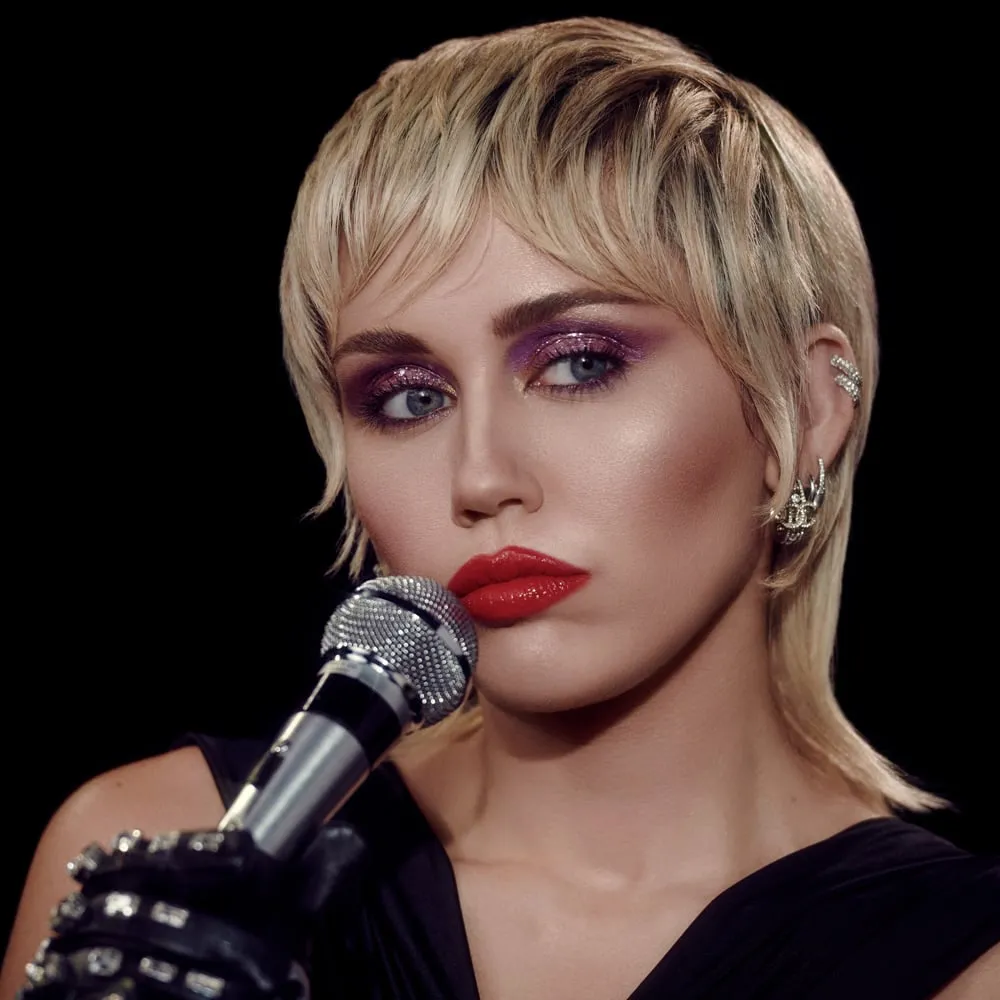

Sexy or Shameful? Why is the Pop-Punk Princess being heavily criticized, and why is the online community criticizing her?
Olivia Rodrigo, the young singer who exploded onto the scene with “Drivers License” and her album SOUR, is stirring up controversy with her pop-punk hit “Good 4 U.” While some fans applaud her energetic and individualistic style, others say she’s overdoing it or lacking authenticity. From comparisons to Paramore to mixed reactions online, this article explores: Is Olivia Rodrigo honoring the pop-punk legacy or just copying?
Olivia Rodrigo and “Good 4 U”: A Pop-Punk Phenomenon
Olivia Rodrigo first captured the world’s attention with “drivers license” in early 2021, a song that became an instant viral sensation. Her debut album SOUR showcased her talent for blending raw emotional storytelling with pop sensibilities. Yet it was “good 4 u” that solidified her entry into the pop-punk scene, surprising many fans with its energetic guitars, angsty lyrics, and punchy vocal delivery.
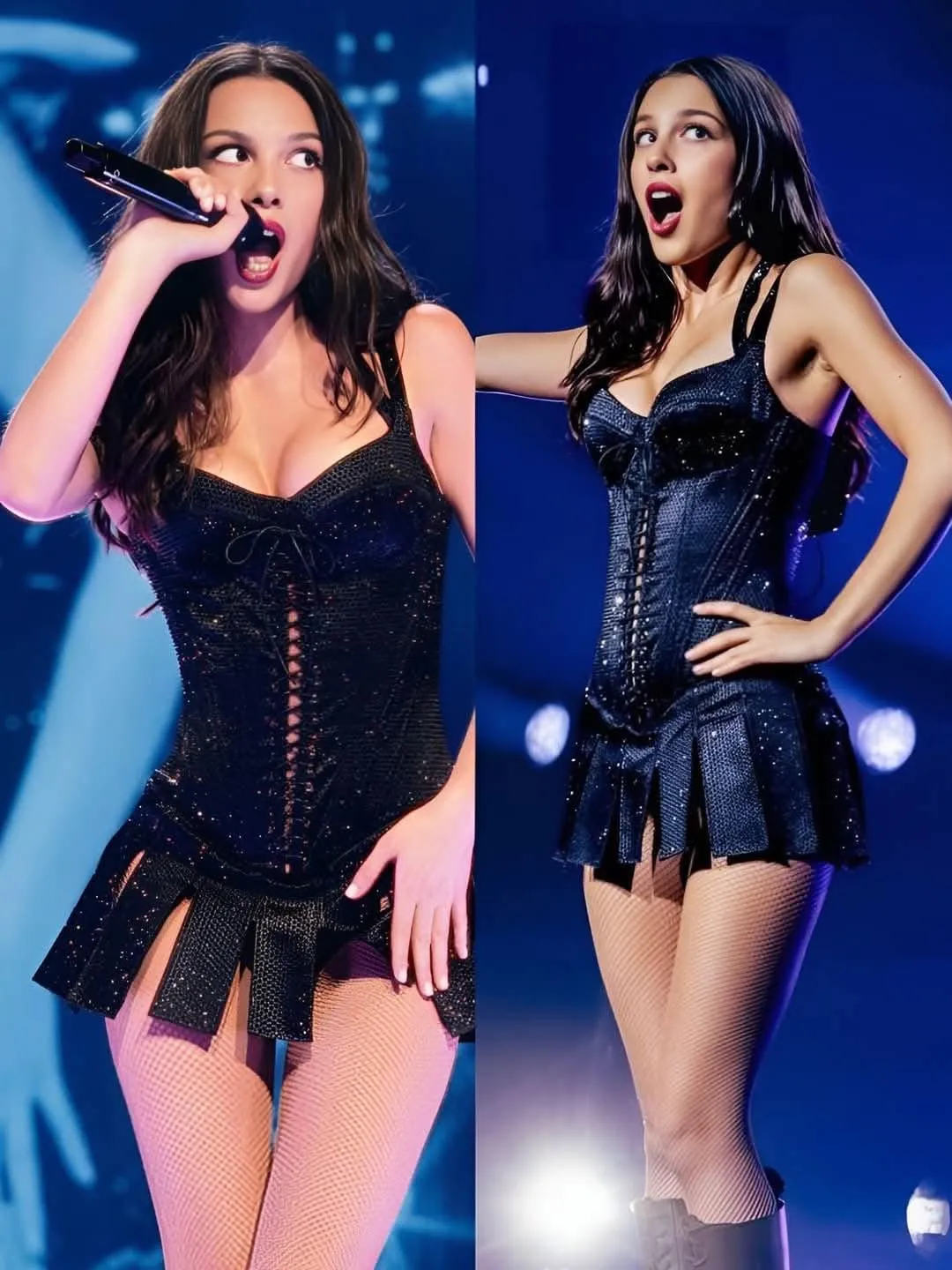
“Good 4 u” carries the hallmarks of early 2000s pop-punk: distorted guitars, driving drum beats, and anthemic choruses. Rodrigo’s vocal style on this track often skirts the edge of shouting, conveying anger, heartbreak, and frustration—key emotional signatures of pop-punk music. Its lyrics explore post-breakup emotions with a mix of sarcasm and catharsis, a formula that resonates deeply with teenagers and young adults navigating similar emotional landscapes.
Moreover, the production blends modern pop clarity with retro punk grit. The catchy, hook-driven melody ensures radio-friendliness, while the raw guitar riffs maintain genre authenticity. Critics have noted that the song manages to balance nostalgia with contemporary flair, a challenging feat for any artist tackling a genre with devoted historical fans.
Drawing Parallels: Olivia Rodrigo vs. Paramore
Paramore, fronted by Hayley Williams, has long been a benchmark for pop-punk excellence. Songs like “Misery Business” (2007) showcased emotionally charged vocals, punchy guitar riffs, and storytelling that connected with teens worldwide. The similarities between Paramore’s work and Rodrigo’s “good 4 u” quickly became a topic of discussion in both fan communities and the media.
-
Musical Structure: Both songs use fast tempos, minor keys, and power-chord-heavy guitar progressions, creating an urgent, rebellious feel.
-
Vocals: Hayley Williams’ dynamic vocal delivery—shifting between melodic lines and raw shouts—is mirrored in Rodrigo’s expressive, near-shouting style, especially in the chorus.
-
Themes: Themes of anger, betrayal, and empowerment run through both songs, illustrating pop-punk’s enduring focus on youthful emotional turmoil.
While the similarities are clear, there are distinctions. “Good 4 u” integrates modern production techniques and pop hooks that make it more radio-friendly than some of Paramore’s rawer, earlier tracks. Moreover, Rodrigo’s lyrics often reflect Gen Z sensibilities, combining irony, social commentary, and emotional authenticity in a way that differs from early 2000s pop-punk.
Interestingly, the songwriting credits for “good 4 u” include Hayley Williams and Josh Farro, acknowledging the song’s clear influence from Paramore’s “Misery Business.” This decision underscores the fine line between inspiration and imitation, sparking debates across social media and music forums.
Public Reaction: “Sexy or Cringe?”
The reception of “good 4 u” has been polarizing, revealing a divide between admiration and criticism.
-
Praise: Fans of pop-punk and new listeners alike have praised Rodrigo for reviving a genre many thought was in decline. Social media platforms like Twitter and TikTok exploded with reactions celebrating her energy, vocal talent, and ability to channel adolescent angst. Many highlighted the authenticity in her performance, noting that she “understands the emotional core of pop-punk.”
-
Criticism: Conversely, detractors labeled her work as “cringe” or “overly dramatic,” arguing that her youthful age and mainstream pop background might make her pop-punk persona appear performative. Some online discussions questioned whether her aesthetic and musical choices were truly authentic or commercially engineered.
-
Fan Debate: Reddit threads and fan forums have exploded with questions like: “Is Olivia Rodrigo paying homage to the genre, or is she copying it?” Such debates drive engagement and highlight the tension that arises when a new generation revisits a beloved genre.
Media outlets also joined the conversation. Articles in Rolling Stone, NME, and Billboard examined Rodrigo’s rise in pop-punk, often framing her success as both a cultural revival and a topic of controversy, increasing public curiosity and discussion.
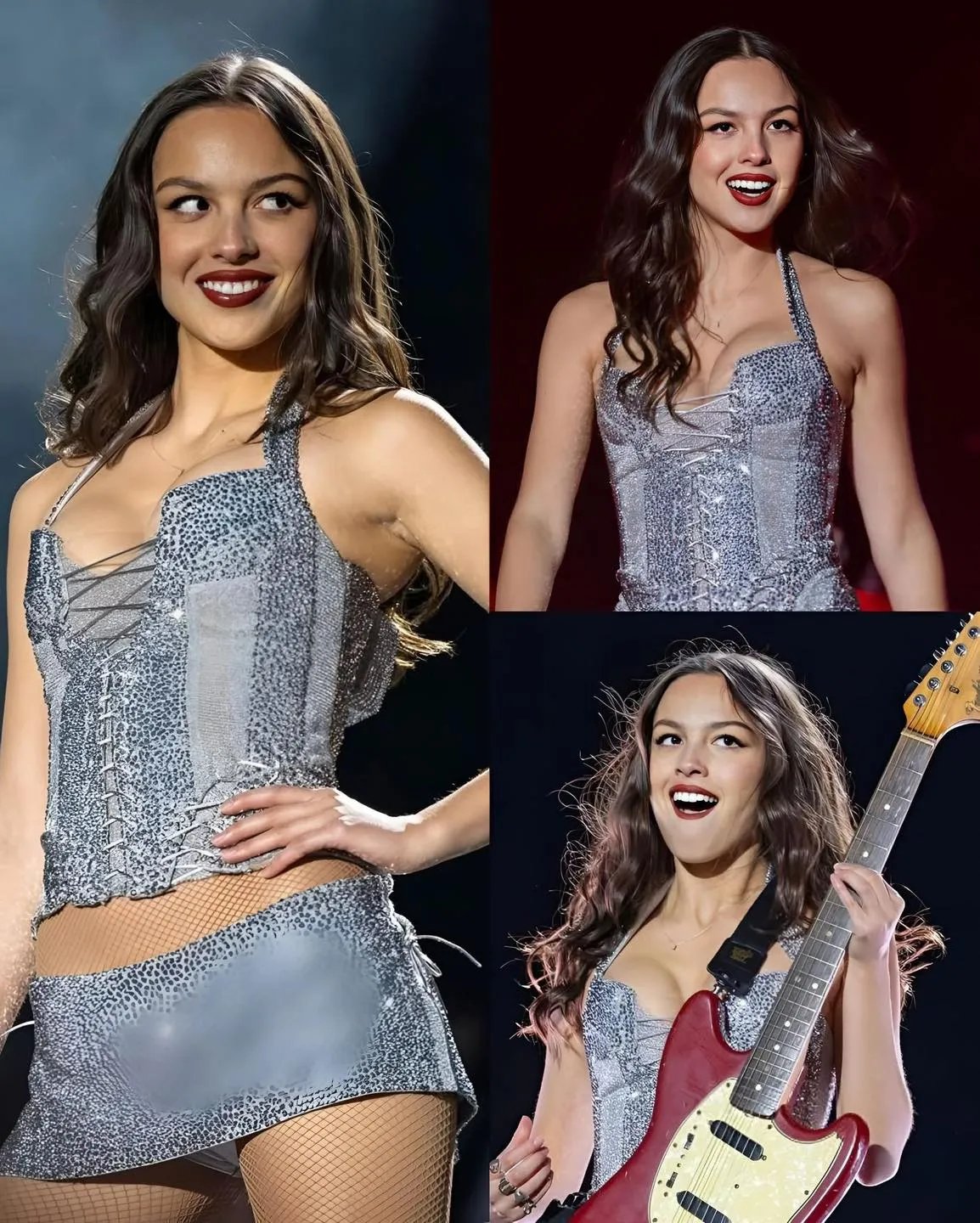
The Pop-Punk Revival: Olivia Rodrigo’s Role
Pop-punk’s resurgence in the 2020s has been fueled by nostalgia and the influence of Gen Z creators. While artists like Avril Lavigne pioneered the mainstream female pop-punk sound in the early 2000s, Rodrigo’s work updates the genre with modern production, clever lyricism, and relatable content.
Billie Eilish’s occasional punk-tinged tracks, alongside Rodrigo’s hits, illustrate a trend: young artists are blending pop accessibility with punk attitude, appealing to both older fans who grew up with the genre and younger listeners seeking new expressions of rebellion.
Rodrigo’s success has reinvigorated interest in pop-punk festivals, merchandise, and streaming playlists. Songs like “good 4 u” encourage listeners to explore the genre’s roots, creating a bridge between past and present pop-punk eras. This cross-generational appeal positions Olivia not just as a pop star, but as a catalyst for genre revival.
Olivia Rodrigo’s Personal Brand: Fashion and Identity
Olivia Rodrigo’s visual identity complements her music, reflecting a cohesive pop-punk persona.
-
Fashion: Plaid skirts, oversized graphic tees, chunky boots, and layered accessories echo early 2000s punk aesthetics while incorporating Y2K trends.
-
Stage Persona: Her performances are energetic, emotionally raw, and unapologetically bold, reinforcing the rebellious ethos of pop-punk.
-
Social Media: Rodrigo curates a personal brand that resonates with Gen Z, blending humor, authenticity, and DIY creative expression, which strengthens her connection to fans and the broader pop-punk community.
By aligning fashion and musical style, Rodrigo distinguishes herself from other pop artists who dabble in punk influences, establishing her as a modern icon of pop-punk revival.
Cultural and Industry Impact
Olivia Rodrigo’s entry into pop-punk has broader cultural implications.
-
Industry Influence: Record labels and producers have noticed the renewed appetite for guitar-driven pop, potentially shaping A&R strategies and influencing upcoming artists.
-
Cultural Conversation: Beyond music, Rodrigo sparks discussions about gender, authenticity, and creativity in the music industry. Her persona challenges the notion that punk energy is limited to older generations or male-dominated acts.
-
Digital Era: Platforms like TikTok amplify her reach, allowing snippets of her music to go viral, demonstrating how modern pop-punk can thrive in a streaming-first era.
Conclusion: Inspiration or Imitation?
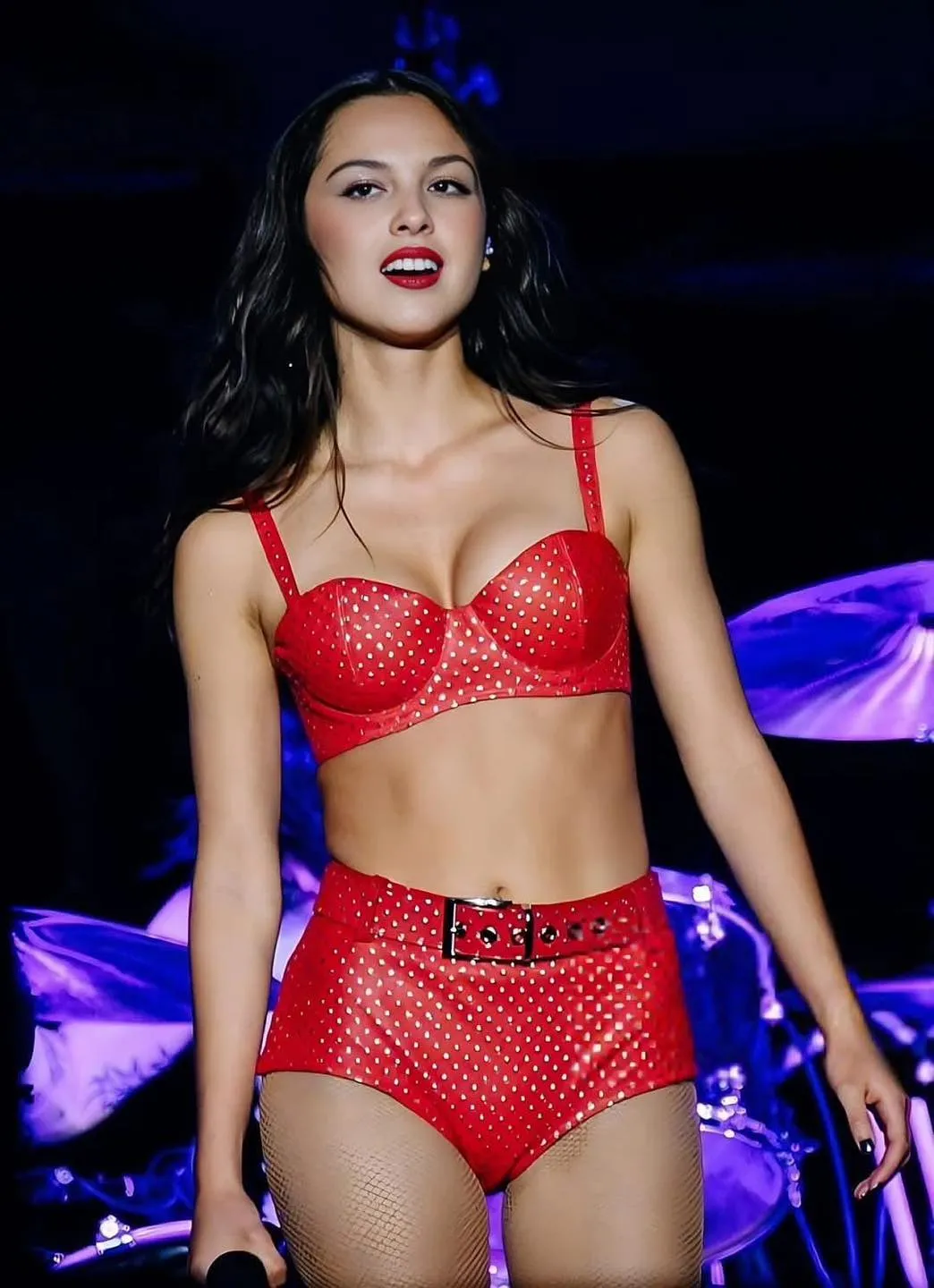
Olivia Rodrigo stands at a crossroads of homage and originality. While some critics argue that her work echoes Paramore too closely, her distinct voice, lyrical perspective, and personal brand demonstrate her ability to both honor and reinvent pop-punk.
Her journey illustrates how a young artist can navigate influences, public scrutiny, and personal expression to leave a mark on a genre. The question of “inspiration or imitation” remains subjective, yet her impact on the music landscape is undeniable.
As pop-punk continues to evolve, Olivia Rodrigo’s presence ensures that the genre remains relevant, emotionally resonant, and culturally vibrant. Fans and critics alike are invited to join the conversation, reflecting on what it means for music to be both a tribute and a new creation.








